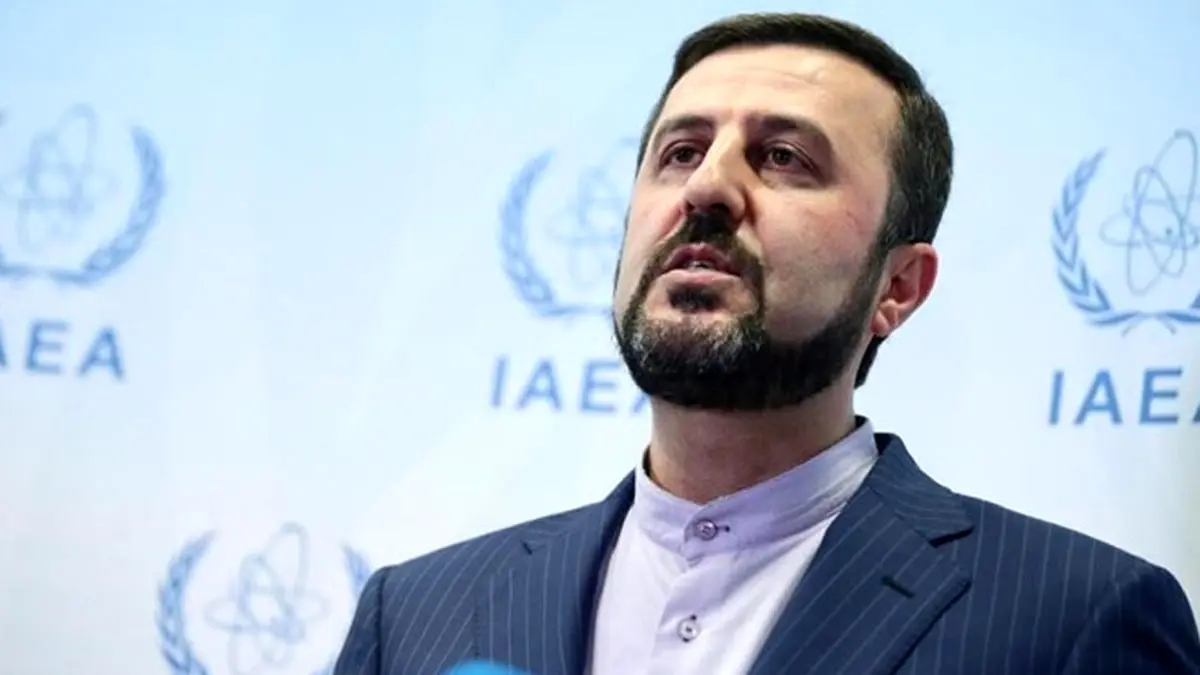Iran warns IAEA against picking political stance

Iran's Ambassador to the Vienna-based international organizations Kazem Gharibabadi criticized the International Atomic Energy Agency (IAEA) for taking unilateral approach on cooperation with Tehran.
Recent stance taken by the IAEA chief Rafael Grossi ignores level of cooperation and interaction between Iran and the Agency, Gharibabadi said while speaking to media.
There is no consistency between the IAEA report and the history of relations between Iran and the Agency, said the ambassador while describing the report as invalid.
The report is invalid because it is not based on reliable resources and does not reflect all aspects of cooperation and achievements, he added.
Constructive interaction needs positive atmosphere and avoidance of prejudgment and unreal concerns, he said adding that it also should avoid exaggeration of trivial things.
The ambassador stressed that the IAEA has to remain far from political agenda and pick a clear stance on Zionist regime's nuclear threat.
The fact that the regime is not member of the Non-Proliferation Treaty (NPT) is unacceptable, and this is what the IAEA should take stance on it, he added.
On Monday (June 7), Grossi said that Tehran “has reiterated its will to engage and to cooperate and to provide answers. But they haven't done that so far. So I hope this may change, but as we speak, we haven't had any concrete progress on any of the issues."
"My expectations about this process, of course, were not met," he said in Vienna.
Few months ago, the IAEA and Iran agreed to foster cooperation and enhance mutual trust in order to facilitate full implementation of Comprehensive Safeguards Agreement (CSA) and Additional Protocol (AP) being implemented by Iran voluntarily and temporarily since 2016.
On February 23, meanwhile, Iran stopped voluntary implementation of the Additional Protocol, in compliance with Majlis (Parliament) Law. However, some necessary inspections were underway within the framework of Safeguards Agreements for next three months after the date.
According to three-month agreement between Iran and the IAEA, if the US sanctions against Iran were not lifted, Tehran would uninstall cameras which had been installed to record activities in Iran's nuclear sites.
The agreement was expired last week, but Iran through its goodwill accepted to have the IAEA cameras for more 30 days.
END
